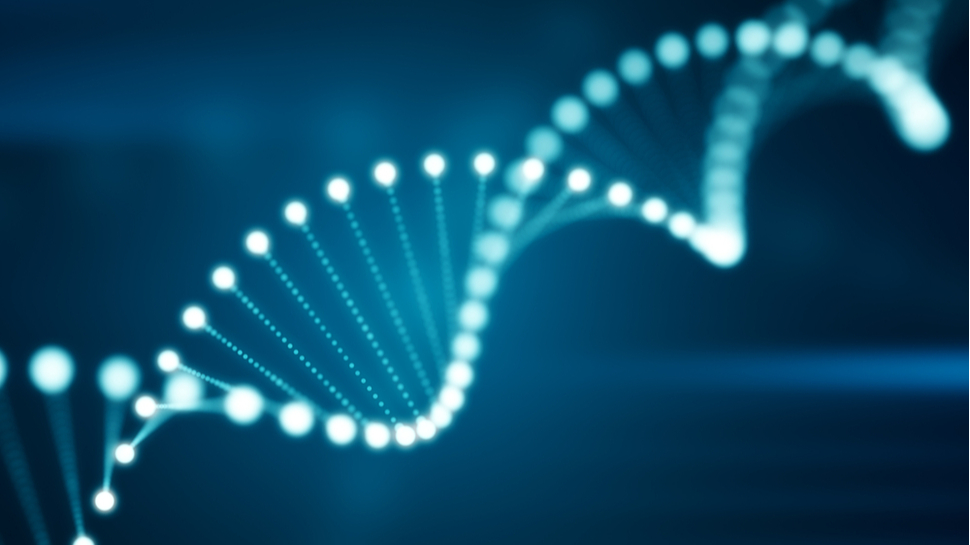1000 laptops on your pinkie — DNA storage and compute breakthrough could one day help store petabytes of data, but we're not there yet
The answer lies with a polymer structure called dendricolloids

Sign up for breaking news, reviews, opinion, top tech deals, and more.
You are now subscribed
Your newsletter sign-up was successful
Researchers from North Carolina State University and Johns Hopkins University have developed a DNA-based technology capable of storing, retrieving, computing, erasing, and rewriting data.
This new advancement marks the first time all these tasks have been combined in a DNA storage system, with the potential to transform how data is stored in the future.
The project, led by Albert Keung, a professor at NC State, represents a leap forward for DNA computing. While DNA has long been seen as a potential solution for long-term data storage, it had not previously been capable of handling multiple operations like modern electronic systems. The team’s new system, however, has changed that.
Real-time data manipulation
The breakthrough was made possible through the creation of dendricolloids, a polymer structure that allows DNA to be stored densely without sacrificing capacity. “You could store the data of a thousand laptops in a DNA structure the size of a pencil eraser,” Keung noted. This storage solution could be vital as global data demands continue to rise, particularly in areas such as AI, cloud computing, and large-scale data management.
In addition to storing data, the system allows for real-time data manipulation, including copying, erasing, and rewriting DNA sequences. Kevin Lin, the paper’s lead author, explained, “We can perform many of the same tasks as with electronic devices - like deleting and rewriting data on the same surface.”
The system has also demonstrated computational abilities, solving simple problems such as Sudoku puzzles and chess problems. The research team believes that this development could pave the way for molecular computing, potentially storing petabytes of data in very small spaces.
Although the technology is still in its early stages, the researchers hope it will lead to practical applications in the future. The study was published in Nature Nanotechnology and supported by the National Science Foundation.
Sign up to the TechRadar Pro newsletter to get all the top news, opinion, features and guidance your business needs to succeed!
More from TechRadar Pro

Wayne Williams is a freelancer writing news for TechRadar Pro. He has been writing about computers, technology, and the web for 30 years. In that time he wrote for most of the UK’s PC magazines, and launched, edited and published a number of them too.